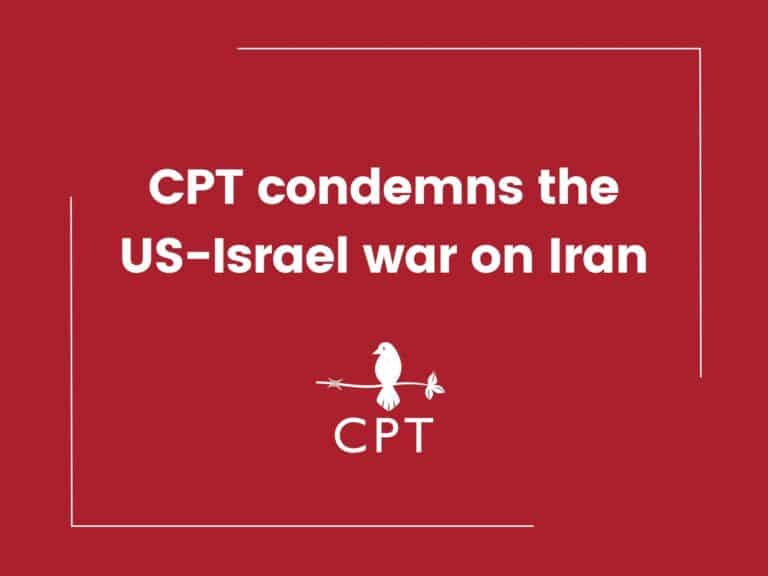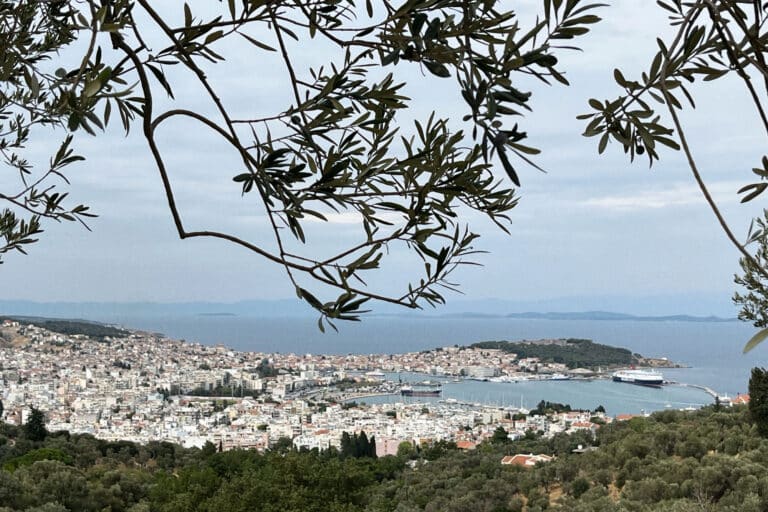CPT’s Aboriginal Justice Team (AJT) has undergone a transition to a new team name – Indigenous Peoples Solidarity team (IPS). Although the team’s mandate and vision remain the same, the name change better captures the desired scope of its work and represents an effort to maintain currency within Indigenous movements for self-determination. The team’s Indigenous partners and friends have welcomed the change.
Still in popular use, the term “aboriginal” refers to First Nations, Métis, and Inuit peoples. However, as Mohawk scholar Taiaike Alfred and Cherokee professor Jeff Corntassel point out in their article Being Indigenous: Resurgences against Contemporary Colonialism, “this identity is purely a state construction that is instrumental to the state’s attempt to gradually subsume Indigenous existences into its own constitutional system and body politic.” 1
In 2008, the Union of Ontario Indians, and later the Grand Council of Treaty #3 representing the Anishnaabek, passed resolutions and launched a campaign to eliminate the inappropriate use of the term “aboriginal,” citing it as “a legal, political and cultural discourse designed to serve an agenda of silent surrender to an inherently unjust relation at the root of the colonial state itself.”2
To the chagrin of many First Nations, Canada’s Conservative government in 2011 announced a name change of its own. The department and minister responsible for “Indian Affairs” became “Aboriginal Affairs and Northern Development,” embodying this discursive tactic.
The term “Indigenous” has gained political traction in the last thirty years as part of a growing international movement for the rights of Indigenous peoples. It stands as a widely-accepted alternative identifier to such colonially-designated terms as Indian and Aboriginal. While Indigenous people cannot be lumped into a homogenous cultural category, “the struggle to survive as distinct peoples on foundations constituted in their unique heritages, attachments to their homelands, and natural ways of life is what is shared by all Indigenous peoples.”3
The term “Peoples” acknowledges the existence of nations or land-based people groups with inherent collective rights to culture, land, self-determination, and livelihood.
“Solidarity” is a historic term commonly used within various social movements to highlight the type of relationships the team seeks to foster across geographic, ethnic, and socio-economic differences.
While the Indigenous Peoples Solidarity team may occasionally refer to “Aboriginal and Treaty Rights,” the term recognized in the Canadian constitution, that many Indigenous leaders and organizations have struggled for over the decades, they will continually strive to use whatever identifier is preferable to its partners in the contexts where it works.
You can now find the team on Facebook: CPT-Indigenous Peoples Solidarity; Twitter: @CPT_IPS; Tumblr: https://cpt-ips.tumblr.com/; and e-mail: ips@cpt.org.
1 Being Indigenous: Resurgences against Contemporary Colonialism published in “Government and Opposition: An International Journal of Comparative Politics,” Volume 40, Issue 4, Autumn 2005, page 598
2 Ibid, page 599
3 Ibid, page 597



